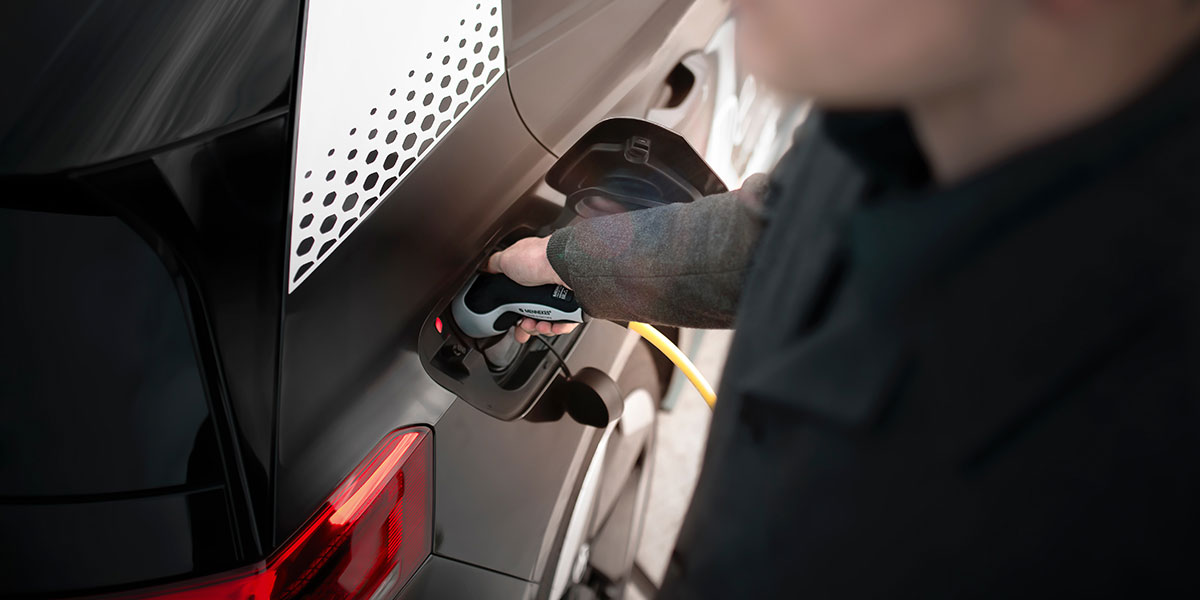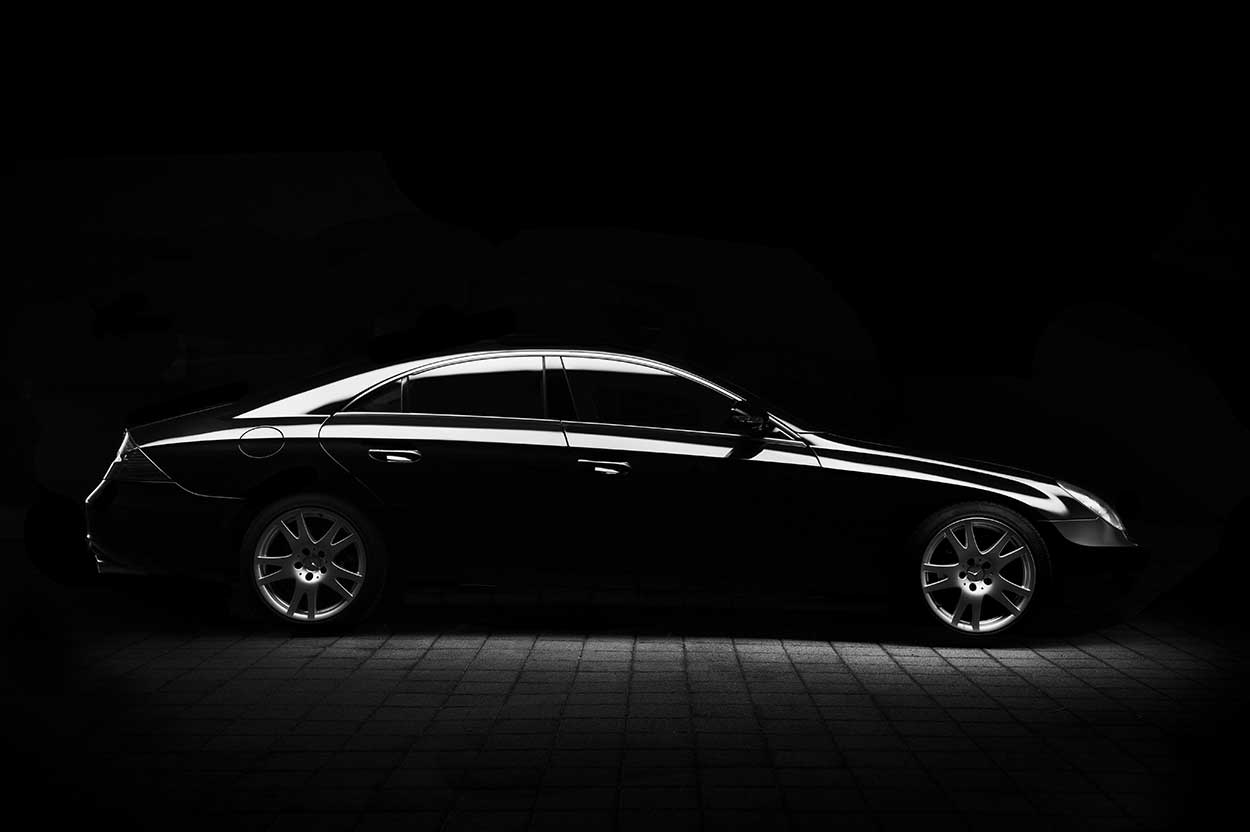As of November 2022, around 80% of British drivers were looking to save money on driving. That adds up to over 30 million British drivers trying to find ways to take to the road in a more efficient and economical fashion.
There are lots of factors that impact how much it costs to drive. Everything from a car’s insurance through to its maintenance adds up. That said, this article will specifically look at the impact that fuel has on how much it costs to drive, helping you to make savvier choices when you next hit the pump.
How does fuel impact how much it costs to drive?
There are four main factors that will impact the fuel cost per mile of your vehicle.
Fuel price
The cost of fuel is probably the biggest driving expense. Fuel prices fluctuate regularly. The price of fuel will vary because of combination of factors:
- The price of crude oil. The wholesale price of crude oil is the biggest factor in determining overall fuel price.
- Fuel duty and VAT. These are taxes that drivers have to pay on top of the cost of crude oil.
- Fuel prices are also dictated by the costs involved in their delivery.
- Retailer profit. Companies want to make a profit from any fuel they sell. As such, they’ll add a markup on the wholesale price of oil – typically anywhere from 5 and 10%.
- This refers to the ethanol content in the fuel, which can impact overall fuel price.
- The strength of the pound (sterling).
Another factor that determines fuel prices is regional variation. In rural locations with fewer fuel stations, prices may be higher, as businesses need to cover their overheads and have a monopoly market. Alternatively, in urban areas with a high number of fuel stations, prices may be lower in order to be more competitive.
Whilst you can’t control the price or ethanol content of crude oil, you can carefully plan your next trip to the pump, avoiding those retailers who heavily mark-up fuel.
Fuel type
The type of fuel your car runs on will determine its overall running cost. Diesel vehicles are more economic for long distances, but are more expensive overall. For shorter, stop-start journeys, petrol or electric vehicles will be more economical.
Vehicular efficiency
MPG refers to a car’s ‘miles per gallon’, and it indicates your car’s fuel efficiency. The higher the MPG, the less fuel consumed by your car when you drive. Higher MPG cars are therefore more fuel efficient and economical.
Driving style
Individual driving style and choices can help to reduce the cost of driving.
Avoiding intense acceleration, driving smoothly, using gears sensibly, and planning your route ahead so as to avoid traffic are more efficient and therefore economic driving styles. Don’t forget to avoid using the air conditioner unnecessarily and reduce vehicular weight, too.
How much does it cost to drive?
There’s no one straight answer for how much it costs to drive. This depends on a number of factors, ranging from the type of car you have through to the cost of fuel.
If you want a figure on how much you’re likely paying to drive, there are plenty of fuel cost calculators online. These handy tools allow you to input information like your car make and model or registration plate and your annual mileage. From there, they’ll provide an approximate figure of how much it costs you to drive.
Alternatively, you can use the following formula yourself in order to establish your fuel cost per mile:
Cost per mile (pence) = Litres x Fuel price / Number of miles
To work out the annual running cost of your vehicle, you can use this formula:
Annual running cost = Cost per mile x Average mileage
How can I find cheaper fuel?
Take into account the factors listed above to try and shop around for the most economic fuel type for you.
Remember that fuel is typically cheaper at supermarkets, and premiums will be whacked onto motorway fuel stations. Avoid ‘premium’ fuel types, which typically offer little advantage to cars unless they’re performance models.
If you’re looking for a way to monitor the average price of fuel at different retailers, be sure to check out the RAC’s Fuel Watch initiative.
Find a more economical drive with My Car Credit
If you’re looking for a more economical and efficient car, check your car finance eligibility or contact My Car Credit on enquiries@mycarcredit.co.uk today.
Rates from 9.9% APR. Representative APR 12.4%
Evolution Funding Ltd T/A My Car Credit
Require more help?
Got a question you can’t find the answer to, or need some advice and guidance around taking out car finance? Our Car Credit Specialists are friendly, experienced, and here to help so get in touch today!





